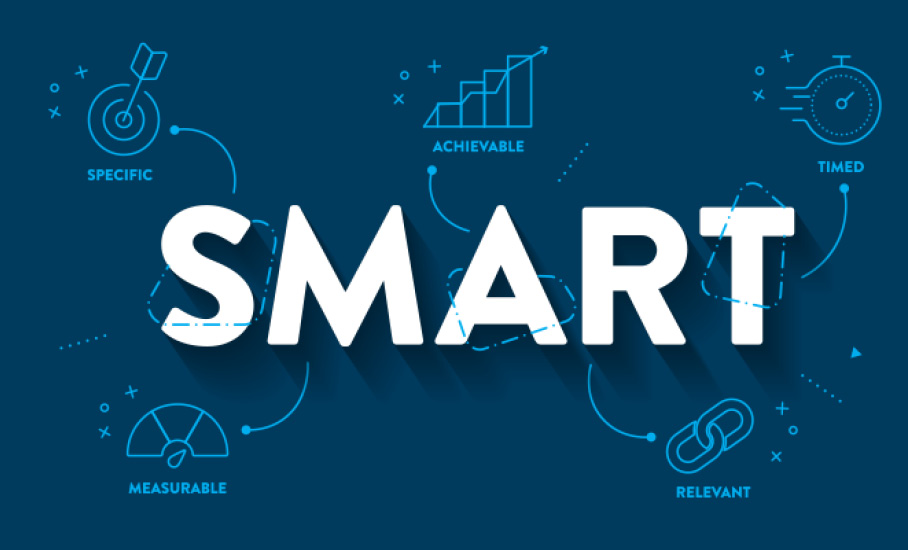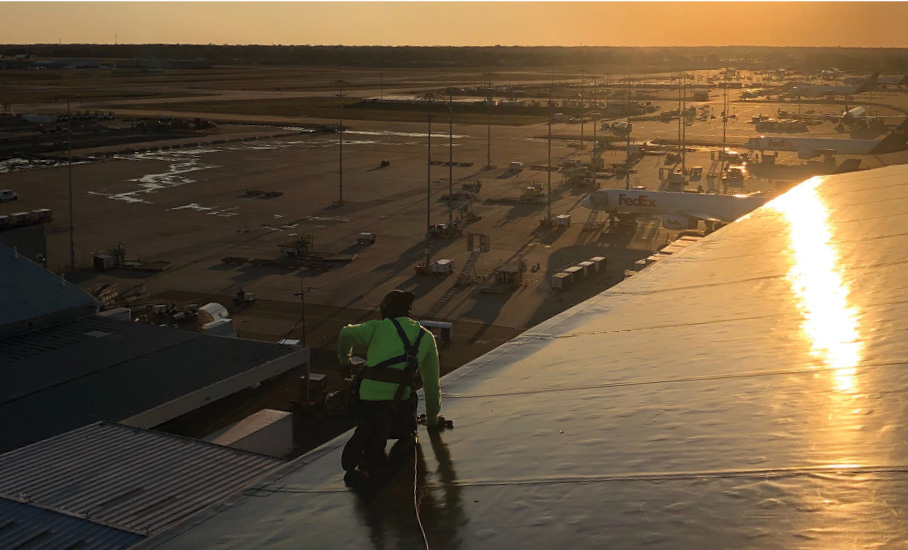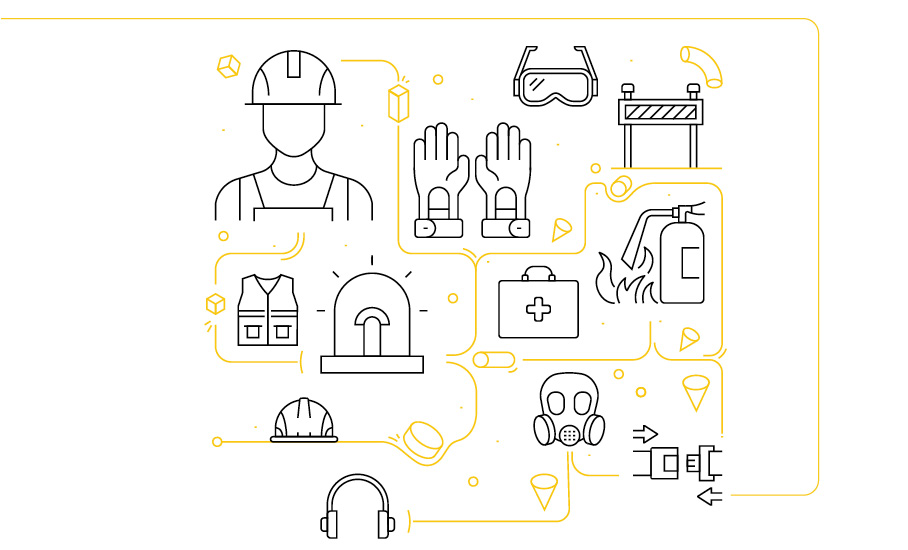
Editor’s note: This article is for general educational purposes only and does not constitute legal advice.
Artificial intelligence has been evolving during the past few decades. It has entered our homes and our workplaces. Although this technology may give us pause, AI can make systems and processes more streamlined and efficient. Those in the construction industry may resist inviting AI into their projects; however, there are multiple benefits to consider.
Understanding AI
In many ways, AI could transform the roofing industry. But before the industry fully embraces it, it is critical to understand how it works, what solutions it provides and any legal implications.
AI centers on the capabilities of computers and algorithms to mimic human behavior. AI enables computer systems to learn from their experiences, allowing machines to perform what were once solely human tasks more quickly and effectively. As computer systems improve, AI helps harness data which leads to better decision-making, innovative problem solving and advantageous insights.
Some AI interfaces include voice searches using Siri (from Apple) and Alexa (from Amazon). Platforms such as Netflix and YouTube also rely on AI to provide viewing suggestions based on customers’ previous preferences.
Machine learning is a type of AI that adapts from experiences, improving performance without explicit programming. It can collect historical data from earlier events and organize, evaluate and mine it. This wealth of data can prove essential for future success.
Deep learning is another type of AI designed to process and extract data by using artificial neural networks to solve problems with minimal human assistance.
AI in construction
A successful construction project relies on the expertise of professionals performing a wide range of roles. These include architects, building owners, consultants, contractors, designers, engineers, subcontractors and vendors. Their knowledge and experience are irreplaceable. However, all these professionals can use AI to simplify and enhance their work in the following ways:
- Pre-construction: Before a construction project begins, professionals with vast knowledge and diverse skills must collaborate and plan. This process involves identifying the people and events required and determining the sequence in which work will be completed. Using AI during the pre-construction phase helps ensure the project is mapped out and can be completed on time and within budget while meeting the client’s expectations.
- Design: In the pre-design and design development stages, AI can assist with project planning, feasibility studies, site analysis and the overall concept of the structure. AI can use data related to finances, market status and environmental impact to provide thorough and accurate reports free from bias. AI also can assist with ensuring structural, architectural, electrical, mechanical and plumbing plans are correct, enabling all parties to make well-informed decisions.
- Construction plans: As construction documents are created and finalized, AI-based tools can analyze data. AI can analyze project details and provide a project scope document, saving staff from manual calculations and data entry. Machine learning also can assess risk and construction viability. Building information models (3D digital blueprints) allow all applicable parties to view and modify the same plans. They are highly detailed, ensuring all users can access the necessary information.
AI can help improve the roofing industry and ultimately make it more cost-effective
- Bidding process: AI can help streamline the bidding process by creating takeoffs and other repetitive tasks. This approach can increase the speed at which bids are completed and accepted. As with any software program, be sure to double-check any task performed by AI to ensure accuracy.
- Permits: The permitting and approval process can be tedious. AI can help by checking for building code compliance and managing permitting steps.
- Contracts: Many parties tend to use the same contract boilerplates for every project, which has its own set of risks. AI can help verify contracts for accuracy and streamline the process. However, it is always wise for humans to double-check the details. “Smart contracts” rely on computer code to execute all or certain parts of a contract. Then, that information is maintained on a blockchain-based platform. As with traditional contracts, smart contracts specifically define the stipulations and penalties of a contract. But there is a big difference: Smart contracts enforce obligations and penalties automatically—with no human intervention. An example may be imposing a penalty if a deadline is missed or transferring funds from one party to another when a benchmark is met. A hybrid contract, which combines a traditional written contract with a smart contract for automated functions, may be the best of both worlds by increasing efficiency and decreasing overhead costs.
Performance and safety
The construction industry also can use AI throughout a construction project’s life cycle. The technology can assist with making improvements on many fronts such as:
- Robotics: AI has entered the job site through tasks such as welding and bricklaying. It will be interesting to see what other tasks can be automated. Currently, companies are exploring using automation and robotics to remove and replace shingles and to apply coatings and liquid-applied systems.
- Productivity: According to some estimates, machine operators on a job site might be idle up to 40% of the time. Machine learning processes can coordinate operators’ movements to boost productivity and reduce emissions.
- Quality assurance and inventory: During the course of a project, AI image recognition and sensors can monitor workers’ progress and locate defects that should be addressed. It also can keep tabs on allocating materials, helping to manage inventory efficiently.
- Scheduling: As crew members and subcontractors work on a project, AI can help with scheduling to ensure tasks are prioritized and planned in the most logical manner. Machine learning can predict delays and offer solutions.
- Maintenance: Data from electrical, HVAC and other building systems can be analyzed by AI to forecast when maintenance will be necessary.
- Energy efficiency: AI also can study building data to discover issues with energy consumption, as well as air quality.
Legal issues
If your company incorporates machine learning into the construction process, it is important to identify who owns the technology and who will bear the risk. All parties must discuss and agree on who can use the technology and how its data can be shared. When negotiating contracts, third parties must comply with applicable privacy and data protection laws.
For some construction projects, parties might agree to participate in a collective liability system. With this approach, AI manufacturers are all charged levies, which are added to a collective pool. Then, any AI-related loss would be paid from that pool no matter which entity was at fault. The concept is similar to an insurance or warranty captive.
When implementing new technology, it also is essential to explicitly state which parties will use the technology and train others to use it. Responsibilities must be unambiguous. Therefore, special attention to contract language with vendors and end users is required to ensure proper allocation of risk.
In addition, all parties must be cautioned about using AI to create documents. Although this technology can adequately summarize information, it tends to introduce false information, especially when referencing current events. No documents should be solely produced by AI without thorough review.
Furthermore, smart contracts rarely can be modified because data shared on blockchain technology cannot be easily revised after issuance. Until the technology evolves and judges are more familiar with it, courts may struggle with evaluating and ruling on smart contracts. For now, hybrid contracts, which retain some aspects of traditional agreements, are likely the safer alternative.
Final thoughts
AI can be seen either as a savior of the construction industry or as one of its greatest threats. The truth is likely someplace in the middle. Many people contend automation will eliminate jobs. Although that could be accurate in some regard, AI probably will make processes more efficient and less redundant. It may be an innovative tool more than a destroyer of livelihoods.
We must remember construction relies on a rich collection of human knowledge and experience—factors AI cannot replicate. As we all know, every project requires sound judgment that can only come from a seasoned professional. AI simply cannot compete on that level.
Despite concerns, AI can help improve the roofing industry and ultimately make it more cost-effective. As AI-based tools are integrated into project plans and workflows, we will see greater efficiency and increased safety.
AI, specifically machine learning, could be tremendously valuable to construction companies. However, it always is wise to consult legal counsel when using AI-generated documents. Experienced construction attorneys can review such materials for accuracy and flag any errors requiring correction. They also can answer any questions about technology ownership, implementation and related risks.

Trent Cotney
General counsel for NRCA
Partner and practice group leader
Adams and Reese LLP


